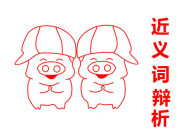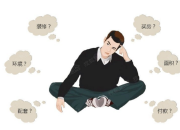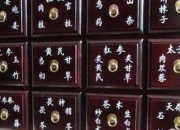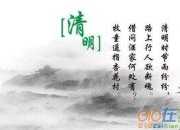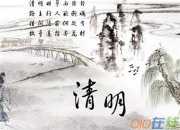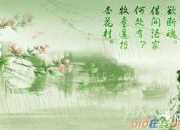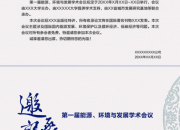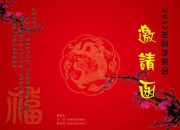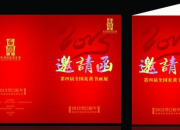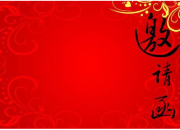名言隽语整理(14)
时间:2021-08-31The question isn't whether China's economy will continue to grow by leaps and bounds. It most assuredly will. But what if several decades out, China is still heavily reliant on foreign technology and investment from the industrialized West and Japan? Right now, the Chinese seem to be asking themselves that very question.
Decades ago, China made a strategic decision to modernize and then opened itself to foreign capital and knowhow to get there. Ever since Chinese leader Deng Xiaoping abandoned the insular policies of Maoist economic self-reliance in the late '70s, the Chinese have been anything but doormats. Entry by Western and Japanese companies has always come with strings attached regarding technology transfers, and some sectors were cordoned off entirely.
TRADE TRENDS. Still, China has absorbed more than $600 billion in cumulative foreign investment since opening up. It's the No. 3 global trading nation in volume terms. And its economy is far more open than Japan's in terms of the ratio of imports and foreign direct investment to total economic output. Millions of Chinese have been lifted out of poverty along the way. Any way you look at it, this is a remarkable achievement by post-Deng Chinese leaders.
But there are some disquieting trends. Take China's global trade surplus, which more than tripled, to $102 billion in 2005 over the previous year. (Its surplus with the U.S. clocked in at about $202 billion.) Approximately half the exports coming out of China are actually from big foreign multinationals, or joint ventures they back, that use the Mainland as a production base. They sell most of that stuff in China but also re-export to other markets.
In the Chinese high-tech sector, the percentage is actually closer to 90% penetration by foreigners. Motorola (MOT) and Nokia (NOK) are among the biggest Mainland exporters. Meanwhile, virtually all of China's booming domestic auto industry has been economically colonized by foreign brands (see BW Online, 5/17/06, "What Drives China's Car Buyers").
